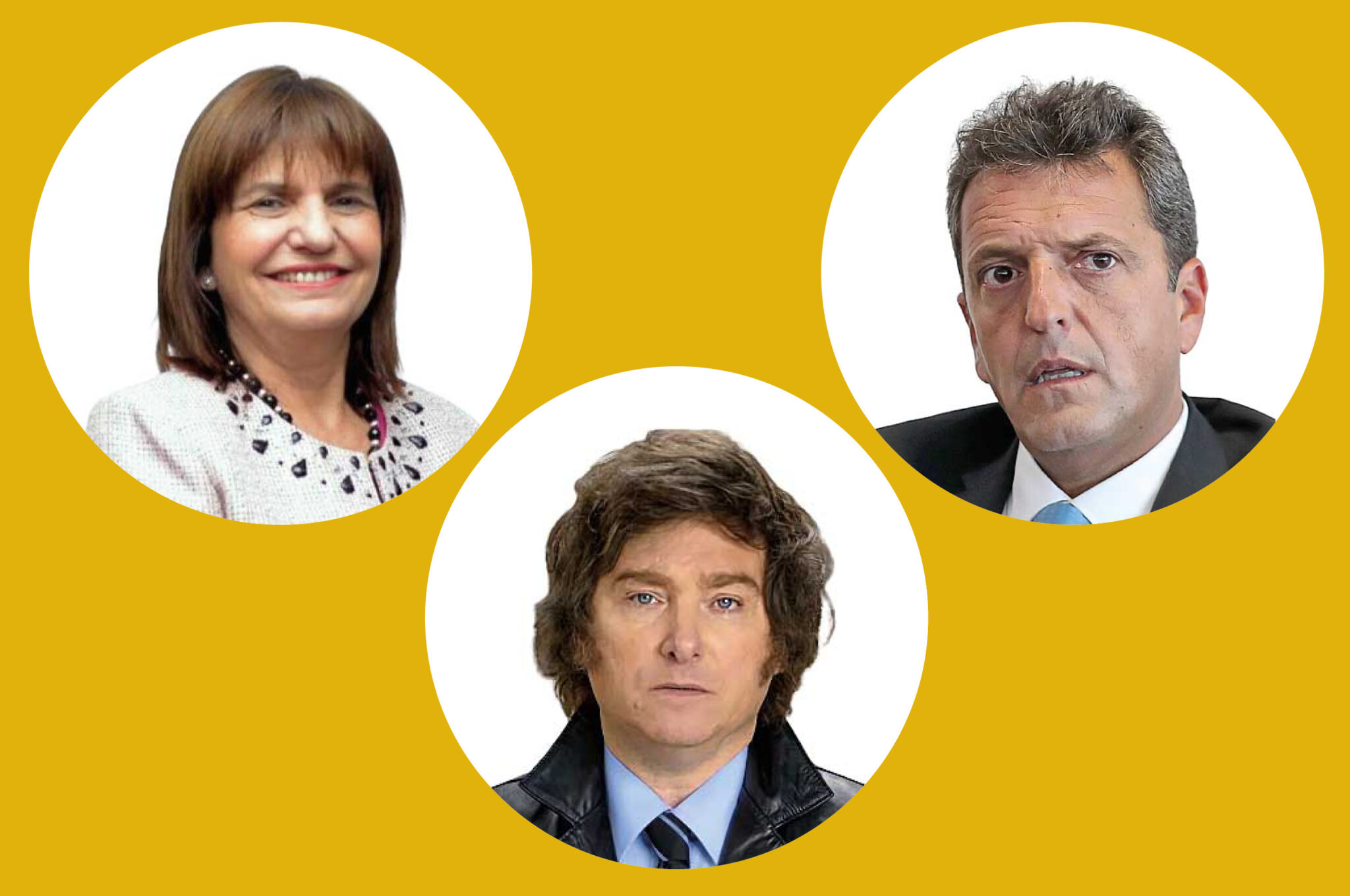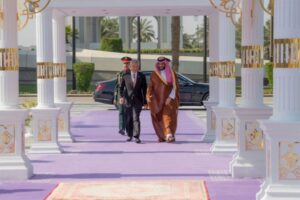Argentines went to the polls this Sunday in a high-stakes election that could dramatically reshape the nation’s political landscape. The election has pitted an unlikely candidate, Javier Milei, a self-described anarcho-capitalist with admiration for former U.S. President Donald Trump, against the political establishment, as voters grapple with soaring inflation, a rapidly depreciating currency, and calls for radical changes to the state.
Milei’s journey from a controversial TV personality to a political front-runner has been nothing short of extraordinary. Known for his fiery tirades against the “political caste,” Milei’s economic platform promises to cut public spending, reduce the number of government ministries, eliminate the central bank, and adopt the U.S. dollar as Argentina’s official currency. His rhetoric resonated with many Argentines who are struggling to make ends meet in the face of annual inflation rates exceeding 140%.
In addition to his economic reforms, Milei aims to reshape Argentine culture and has positioned himself as a staunch opponent of what he perceives as the “sinister forces of socialism” both at home and abroad. His unorthodox blend of libertarianism and populism has created a fervent following.
Despite Milei’s surge in popularity, the potential consequences of his leadership have sparked concerns among political analysts and experts. Benjamin Gedan, director of the Latin America program at the Wilson Center, warns of a polarized society, a divided congress, an inexperienced leader, and a troubled economy in the most likely scenario. The uncertainty of the election results, due to the use of paper ballots, adds to the tension.
Pre-election polls, traditionally unreliable in Argentina, indicated that Milei might lead but not secure an outright victory, thus requiring a runoff in November. To win outright, a candidate must either receive 45% of the vote or garner 40% with a 10-point lead over the runner-up.
Milei’s emergence has significantly disrupted Argentina’s political landscape, which has been dominated by a center-left and center-right coalition for nearly two decades. Opposition candidate Patricia Bullrich and her team fought Milei for right-wing support, emphasizing their connections and legislative experience as a means of achieving the change the country needs.
On the other side, Economy Minister Sergio Massa, part of the center-left administration in power since 2019, attempted to rally support despite soaring inflation during his tenure. He attributed recent troubles to a historic drought impacting exports and claimed to have averted a more significant crisis. However, citizens remain skeptical, and many are preparing for the worst by stocking up on goods and buying dollars.
Milei’s opponents have sought to portray him as a dangerous newcomer whose policies could devastate social welfare programs, education, and healthcare. These three areas are among the many ministries Milei aims to abolish as part of his radical restructuring.
Milei has painted his two main opponents as symbols of an entrenched and corrupt establishment that has driven Argentina’s economy to the brink. His message resonates with those who have witnessed economic decline under the stewardship of both Massa and Bullrich. Furthermore, Milei has railed against what he calls the “socialist agenda,” opposing sex education, feminist policies, and abortion, which is legal in Argentina. He has even denied the role of humans in causing climate change, calling social justice “an aberration.”
Milei’s growing popularity has earned him support from like-minded leaders around the world, including Brazil’s former far-right president, Jair Bolsonaro, and Spain’s far-right Vox party. As he captured the global stage, Milei challenged the political correctness of the left, positioning himself as a defender of free-market capitalism and individual liberty.
The election arrives at a time when many Latin American countries have witnessed a surge in anti-establishment sentiment, with political outsiders winning elections amid widespread discontent over economic conditions and crime. The recent election of Daniel Noboa in Ecuador, who is inexperienced in politics but inherits a banana fortune, is indicative of this trend.
Milei’s election strategy also draws parallels with the tactics of Trump and Bolsonaro, as he has cast doubt on the electoral system and alleged fraud without filing any official complaints. Political analysts suggest that Milei could be setting the stage to challenge the results of Sunday’s election, further intensifying the political climate in Argentina.
(Source: Associated Press | New York Times)









